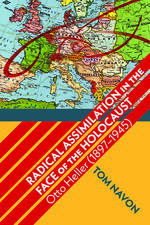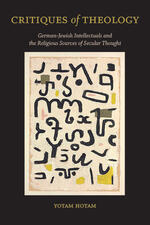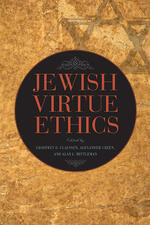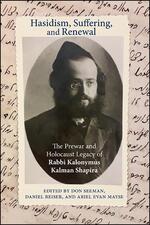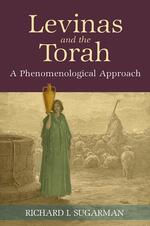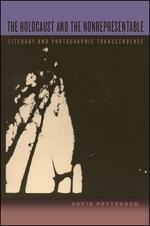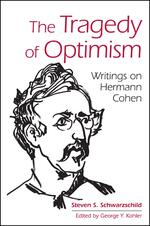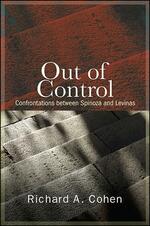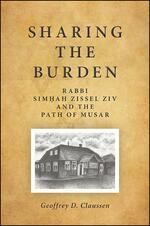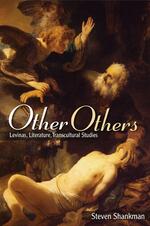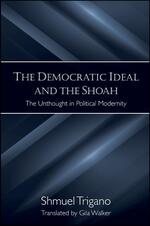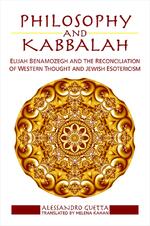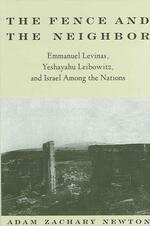SUNY series in Contemporary Jewish Thought
Revolutionary Legacies
Thinks with a range of extraordinary Jewish women about how to live vibrant lives and resist the settler colonialism at the heart of the modern project of freedom.
Radical Assimilation in the Face of the Holocaust
An intellectual-political biography of Otto Heller, the most prominent and prolific communist theoretician of the Jewish question.
Critiques of Theology
Argues that the modern practice of critique emerged out of religious traditions and can in many ways be traced back to them.
Jewish Virtue Ethics
Explores the diversity of Jewish approaches to character and virtue, from the Bible to the present day.
Hasidism, Suffering, and Renewal
Reconsiders the legacy of an important Hasidic mystic, leader, and educator who confronted the dilemmas of modernity after World War I and whose writing constitutes a unique testimony to religious experience and its rupture in the Warsaw Ghetto.
Portraits
Explores Elie Wiesel’s portraits of the sages of Judaism and elaborates on the Hasidic legacy from his life and his teaching.
Levinas and the Torah
A Levinasian commentary on the Torah.
The Holocaust and the Nonrepresentable
Argues that Holocaust representation has ethical implications fundamentally linked to questions of good and evil.
The Tragedy of Optimism
Complete collection of Schwarzschild’s essays on the neo-Kantian Jewish philosopher Hermann Cohen.
Out of Control
Explores the fundamental confrontations between Spinoza and Levinas in ethics, politics, science, and religion.
Sharing the Burden
Examines a fascinating and important figure in the history of modern Jewish ethics.
Other Others
Looks at literary works from outside the Judeo-Christian tradition to test Levinas's notion of "the Other. "
The Democratic Ideal and the Shoah
An original and revolutionary interpretation of the Jews’ destiny in modern politics.
Philosophy and Kabbalah
Reconciles the conflict between these two seemingly diverse traditions.
The Philosopher as Witness
Responses to Fackenheim’s reflections on the centrality of the Holocaust to philosophy, Jewish thought, and contemporary experience.
The Fence and the Neighbor
Reviews the potentially complementary albeit sharp differences between two important contemporary Jewish philosophers.

